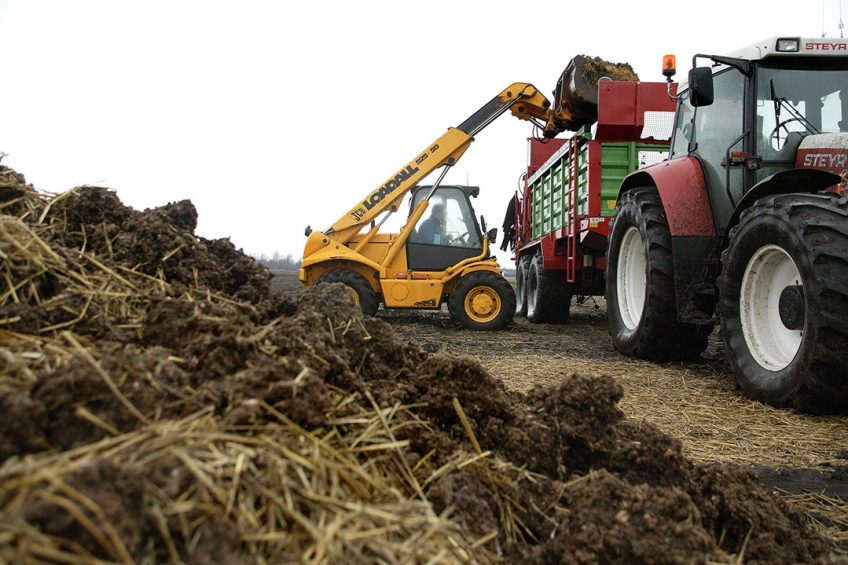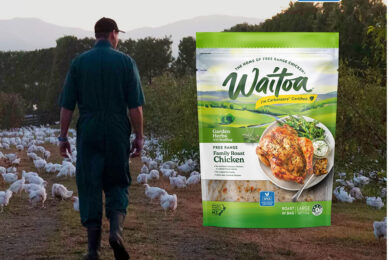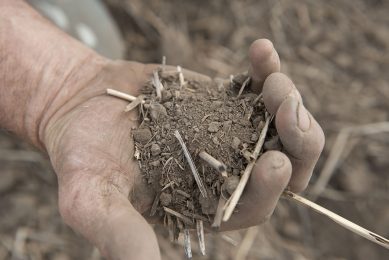Farmers get advice for poultry litter storage during corona

The coronavirus restrictions are creating issues large and small for the agricultural sector. Storing poultry litter may seem like a small issue, but large enough for the Northern Ireland’s College of Agriculture Food and Rural Enterprise to give guidance. Poultry farmers who face problems disposing of their manure during the coronavirus pandemic have been offered advice on how to store it.
Broiler farmers, in particular, may face restrictions and cannot dispose of the manure in the normal manner leading to environmental concerns and making them unsure what to do next. However, help and advice is at hand from Northern Ireland’s College of Agriculture Food and Rural Enterprise (CAFRE) which has outlined some action that can be taken.
Sinead Mathers is one of the pigs and poultry agri-environment advisers at CAFRE and has issued guidelines on how to store broiler litter if houses have been cleared out and litter disposal cannot take place as normal due to coronavirus restrictions.
Storing manure in farmyard
Mathers said: “Litter can temporarily be stored in the farmyard. Prior to land application or before being moved to another premises, poultry litter should be stored in a midden or enclosure which has adequate effluent collection facilities and covered with an impermeable membrane. There is no limit to amount that can be stored this way.”

Covid-19 Up-date
What impact is the pandemic having on the global poultry sector and how are they dealing with it.
Storing manure in a field
Litter can also be stored in a field but farmers must notify the environmental authorities of any poultry litter placed in a field heap. This would be the Northern Ireland Environment Agency in Northern Ireland (NIEA).
Mathers: “It must be covered with an impermeable membrane within 24 hours of placement in the field. If stored in a field, the poultry litter must not be stored for longer than 120 days or in the same location in consecutive years, in quantities greater than would be applied to that field. Also, poultry litter must be stored in a compact heap. This must not be within 40m of any waterway; 100m of lakes; 50m of a borehole, spring or well; 250m of a borehole used for a public water supply or 50m of exposed cavernous or karstified limestone feature.”

Spreading of manure
Some farmers were keen to spread the litter directly onto fields but Mathers also has advice to those farmers as well. She said: “Poultry litter should not be spread on agricultural land that is to be grazed, or from which silage or hay is to be harvested, in the same year due to the risk from botulism. If litter must be spread, it should be deep-ploughed into arable ground in line with crop requirements. If this is not an option and litter must be utilised by spreading on pasture, the litter must be checked for carcasses and ruminants should not have access to the treated fields for at least several months.” However, there is no guarantee that the treated fields would then be safe for ruminants. Spreading litter on a windy day may also pose a risk of contaminating adjacent fields.












